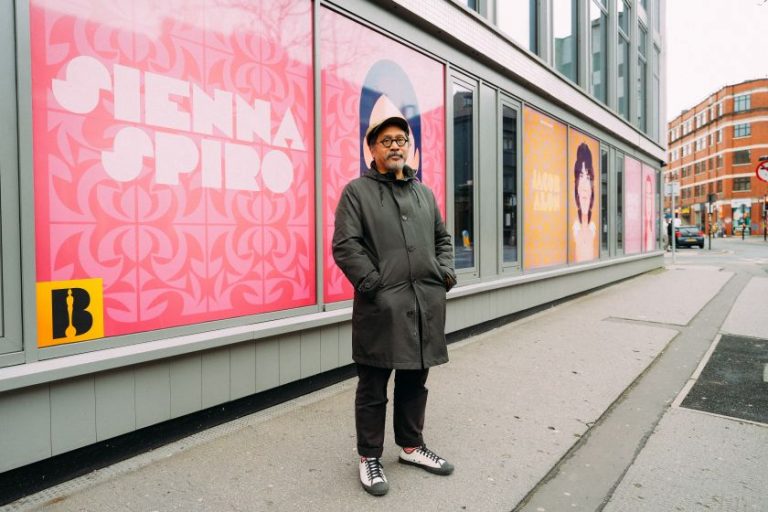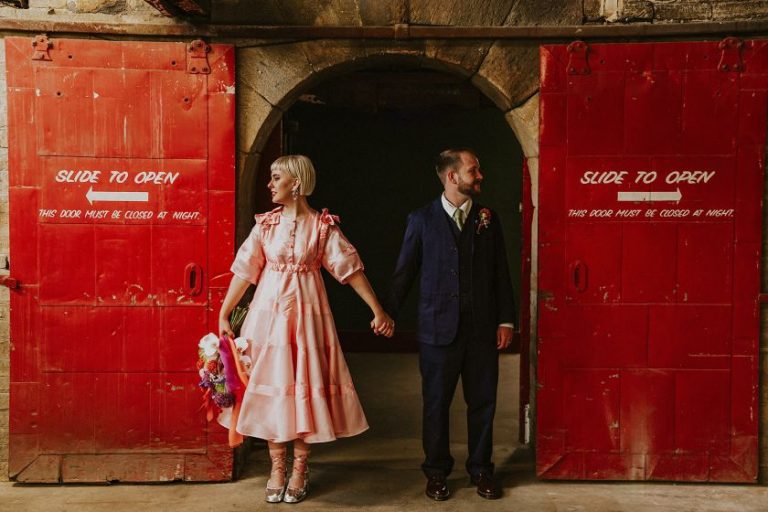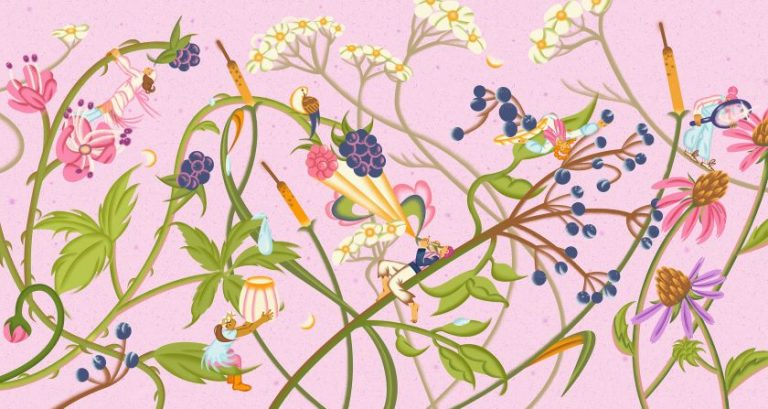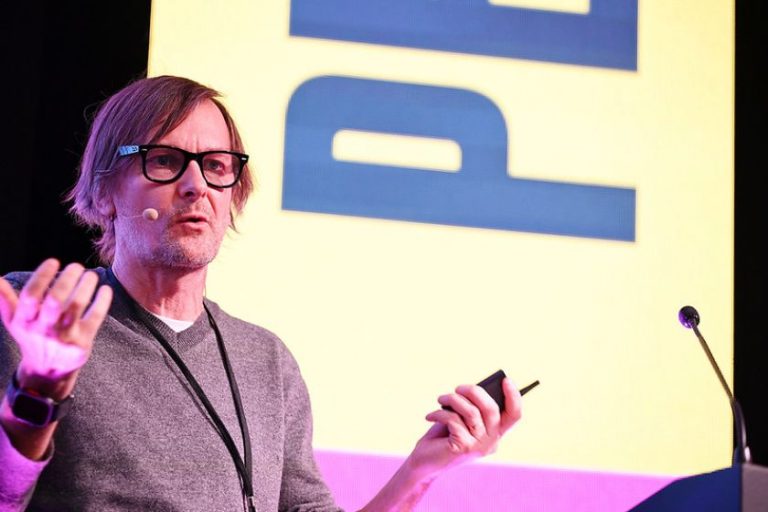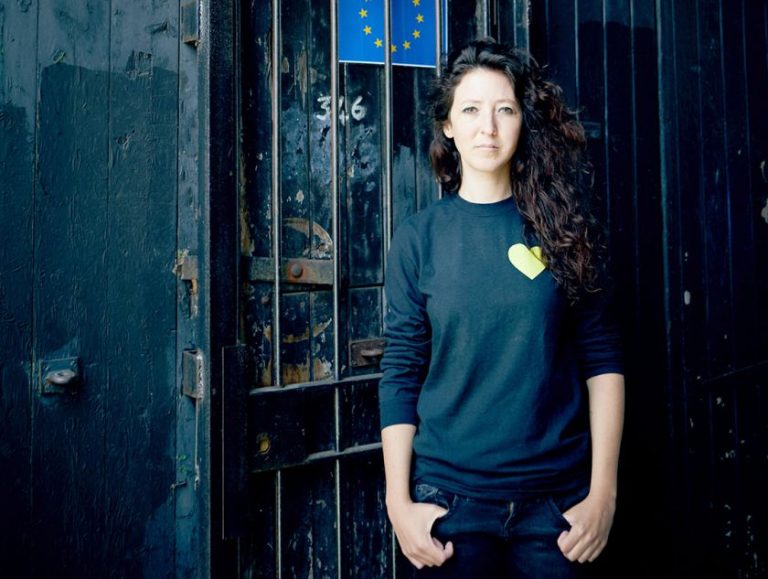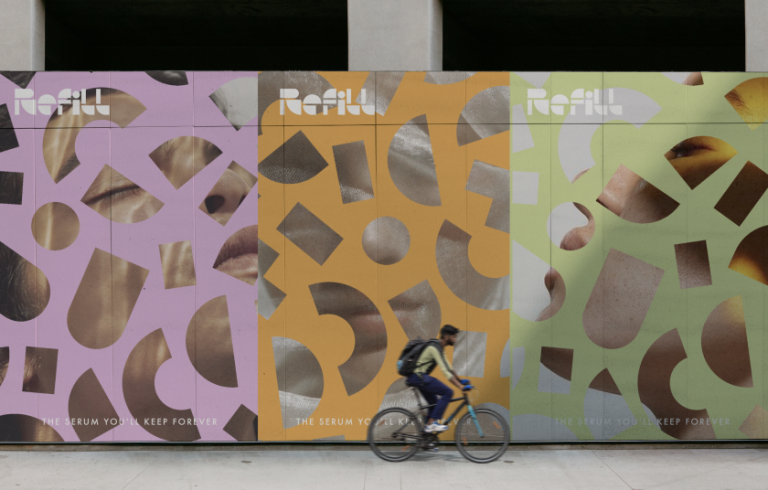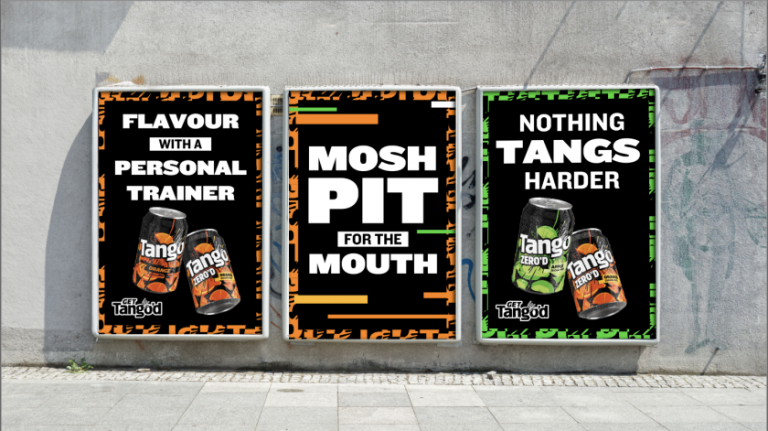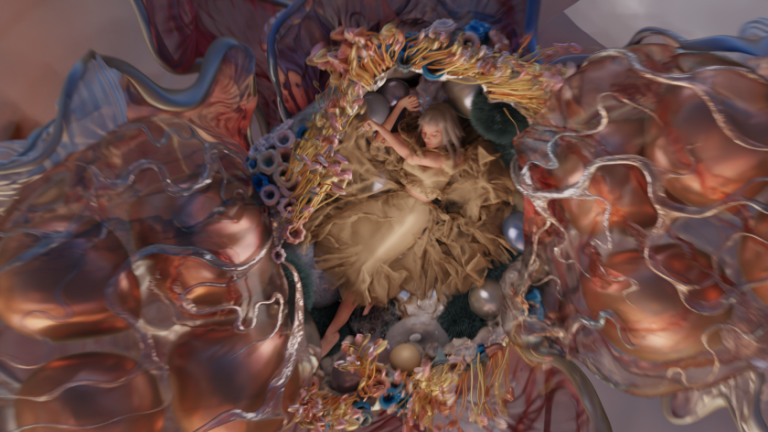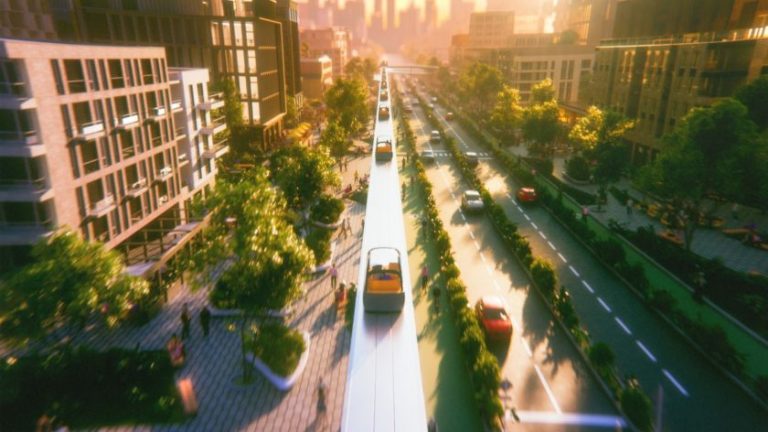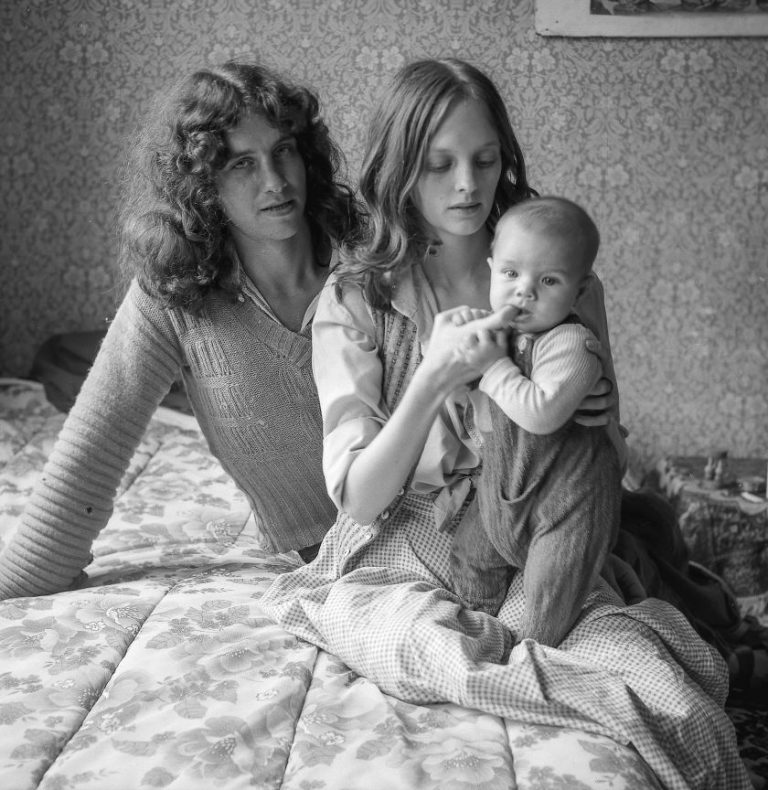My visit to the Northern Festival of Illustration highlighted how a once-overlooked seaside town is becoming one of the UK’s most exciting creative centres.
Over the last few years, I’ve spent a lot of time in Hartlepool, where my wife and I have a modest property. And I’ve learned to anticipate the reaction when I tell people this. There’s usually a pause, a polite nod, and then (if they’re feeling brave) a carefully worded question about “what it’s like?” What they really mean is: why would you choose to buy there?
I won’t sugar-coat it: this small coastal town in north-east England, sandwiched between Middlesbrough and Sunderland, has a reputation and not always a flattering one. It’s a place that regularly appears in deprivation indices, where boarded-up windows are not uncommon, and which is not exactly famed for its cultural amenities.
But there’s so much more to Hartlepool than the headlines suggest. There’s a glorious park at its heart. A smart marina lined with yachts and café tables that wouldn’t look out of place in Brighton. And just beyond that, beaches so wide and wild they could double as film sets for some wistful coming-of-age drama.
Plus lately, there’s been a real shift; the kind you can actually feel. Last Saturday, stepping into Hartlepool Art Gallery, I realised just how much the place has changed—and how quickly. The creative energy here isn’t just simmering; it’s starting to boil.
Global event
This isn’t where you’d expect to find one of the UK’s biggest international art festivals. Yet here it was: the Northern Festival of Illustration, now in its sixth edition, filling the grand Victorian gallery with world-class work from illustrators spanning five continents. Not in London. Not in Manchester. Right here in Hartlepool.
This year’s theme is ‘Stories of Home’, and the exhibition features over 70 works exploring belonging, identity and displacement. And the lineup is genuinely impressive.
There’s Supermundane (aka Rob Lowe), whose bold geometric prints radiate colour and wit; Jonny Hannah, whose nostalgic, jazz-inflected work feels like a love letter to mid-century design; Bee Illustrates, whose deeply personal digital illustrations explore queer identity and mental health with raw honest; and Mikey Please, the BAFTA-winning co-director of Aardman’s Robin Robin.
Jonny Hannah
Mikey Please
Bee Illustrates
Supermundane aka Rob Lowe
The exhibition also features shortlisted entries from The Northern Illustration Prize, organised in partnership with the Association of Illustrators (AOI), which this year attracted over 1,700 submissions from across the globe, including students from CalArts and other major animation schools.
And this was just one element of the Festival, which was founded by The Northern School of Art in 2015. It’s since grown from a modest local event into a biennial celebration that now spans eight weeks and multiple venues across the town, including Hartlepool Art Gallery, The Northern Studios and Hartlepool Theatre.
There’s a Maker’s Market, where local artists and designers sell prints, zines and handcrafted goods. There are animation screenings sponsored by the beloved Bristol-based studio Aardman Animation. And on 17 October, there’ll be a professional symposium bringing together illustrators, publishers and academics for panels and networking. This is the sort of event you’d expect in a major city, not a post-industrial town of 90,000 people.
Crucially, events like this and the nearby Middlesbrough Art Week aren’t just culturally valuable; they’re economically strategic. They position Hartlepool not as a recipient of occasional cultural outreach, but as a legitimate player in the creative industries. Which is handy, because this isn’t just a town where creative events are happening. Increasingly, it’s a place where creative work is happening, too.
The bigger picture
While the Northern Festival of Illustration captures Hartlepool’s creative ambition, the town’s wider regeneration plans reveal its creative muscle. Last month, the council approved a £33.5 million expansion of The Northern Studios, the professional film and TV production facility that opened in 2022 on the site of a former shopping centre.
I remember when The Northern Studios first opened. I’d walk past the building—a sleek, modern structure overlooking the Marina—and feel a strange cognitive dissonance. This was the kind of facility you’d expect in Manchester or Leeds, not here. Yet there it was, quietly attracting productions, creating jobs, training local talent.
The latest expansion takes things to another level. It includes new sound stages, cutting-edge equipment and, most ambitiously, the creation of a Screen Industries Production Village that will transform nine disused buildings across the town into film and TV studios, workshops and collaborative spaces. This isn’t just about one impressive building. It’s about creating an entire ecosystem.
The project will create over 130 new jobs and breathe new life into some of the town’s most significant heritage buildings, including the Grade II-listed Shades Hotel, which has stood empty for years. And this is not just future-talk: the studios have already hosted major productions: ITV’s I Fought the Law, the comedy Transaction and the feature film Jackdaw. With expansion, the ambition is to attract even larger projects while nurturing homegrown talent; the same kind of talent currently filling the Festival’s galleries and workshops.
Crucially, this is all happening in partnership with North East Screen, The Northern School of Art, and the Tees Valley Combined Authority. It’s a coordinated, strategic effort rather than a series of disconnected initiatives, and that’s got to be a good thing.
Generational shift
As I left the gallery that Saturday afternoon, I passed a group of teenagers sitting on the front steps despite the drizzle, sketchbooks balanced on their knees, laughing as they compared drawings. One of them had a tote bag from The Northern School of Art slung over their shoulder.
It struck me then that this—not the funding announcements, not the international submissions, not even the impressive artist lineup—is what success looks like. A generation growing up in Hartlepool who see creativity not as something that happens elsewhere, but something that can happen here. Who can imagine futures for themselves that don’t require leaving their home town?
And that’s a vision we can all get on board with.

